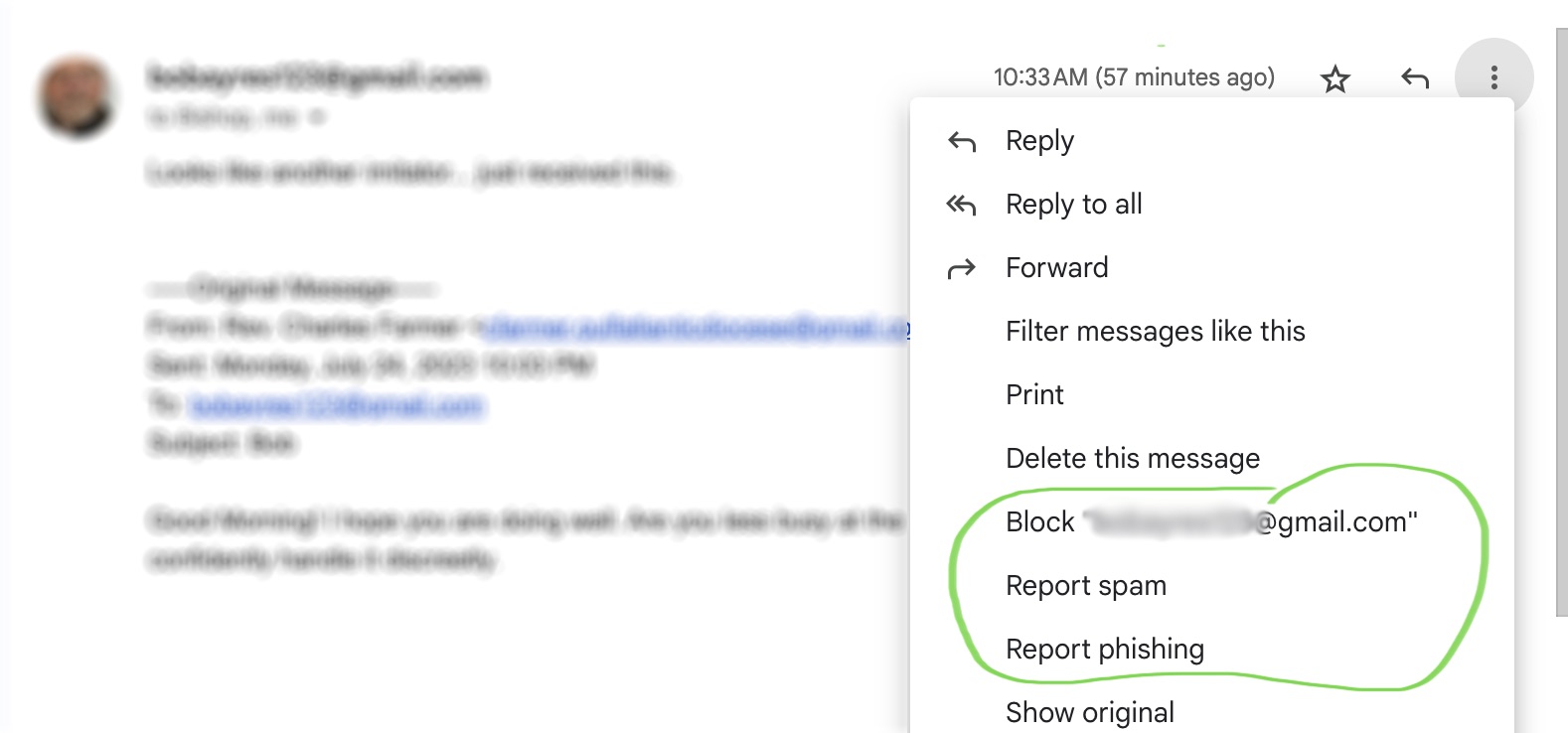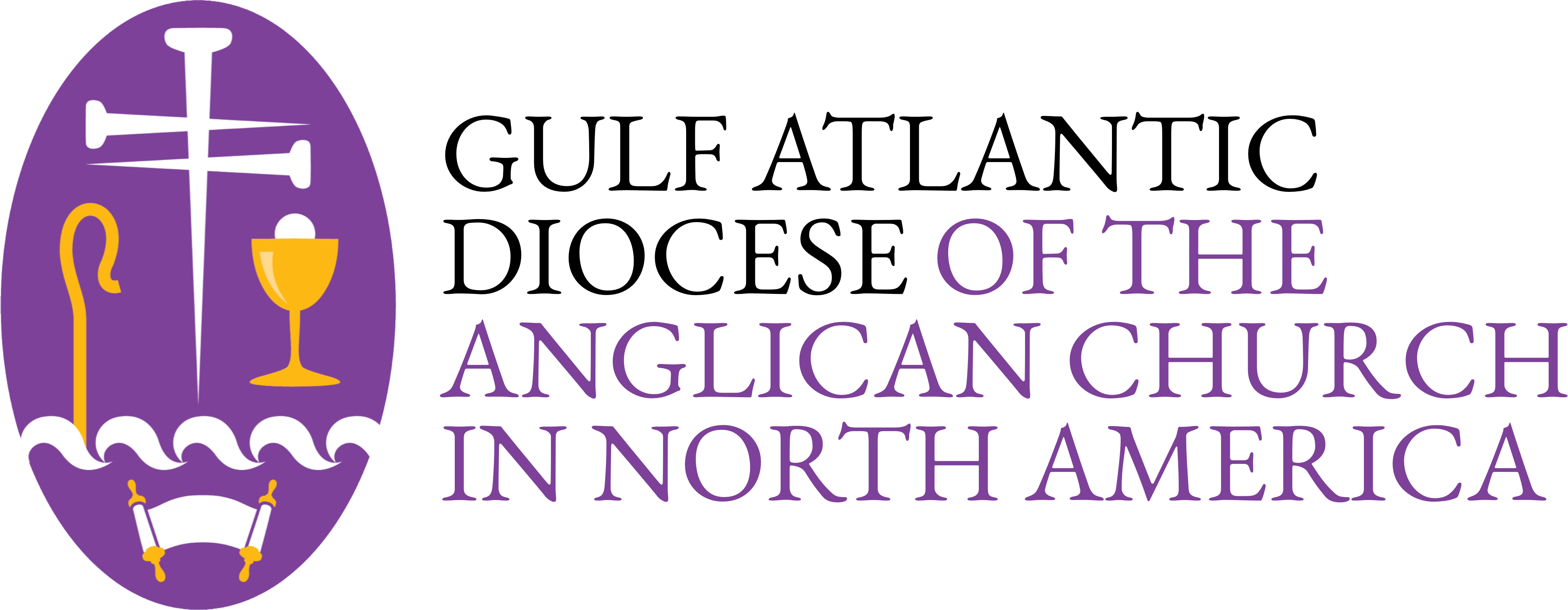
Newsletter Contents
On Sabbath Rest and Re-Creation
No Quick Fixes or Silver Bullets
Araminta 2023 Recap
Soul in the City 2023 Recap
Guatemala 2023 (Christchurch Montgomery)
Summer 2023 Email Safety Tips
Cathedral hosts Workshop on Art and Faith
More from Canon Samuel Horowitz
Equipping The Saints 2025 Wrap-Up
New Faces Around the Diocese
Walking Together in God’s Will: The February 2025 Communiqué
Obeying Jesus’ Final Command: The January 2025 Communiqué
Other Announcements & Upcoming Events
I’m sure by now many of you have received at least one email claiming to be your rector, boss, or friend, asking you to “do a favor” or “a special task.” Some have even gone out to clergy claiming to be from Bishop Alex! This kind of scam involve something called “spoofed” email—messages from a scammer that appear by some markings to be from a legitimate sender. Unfortunately, the owners of the spoofed email address are rarely able to do anything about this type of message at a technical level. It’s just like if some other person began sending mail with my address as the return address—there isn’t much the Post Office could do to stop it.
What you can do is is use tools from your email provider to report messages. For example, if you use Gmail I would encourage you to report and block by using this menu:

If you think a suspicious email might actually be real, contact the purported sender by a method you already know is secure, like a number or email address already saved in your phone or on your computer. Do not reply to the email or call any numbers listed in it. If it’s a staff member of your church or work, you can use their website to get legitimate contact information.
If you think a scam message like this might really be convincing for others, feel free to report it to me. However, since there isn’t usually anything I can do, you can usually just ignore it (and report it to your email provider). One kind of message I usually do want to know about is if the return address actually has “gulfatlanticdiocese.org” in it.
How can you differentiate between legitimate and fake messages? Here are a few tips:
* The diocesan staff almost exclusively uses @gulfatlanticdiocese.org accounts, or addresses associated with a diocesan congregation or ministry. When the name of a diocese or church is after the @ sign, it is much more trustworthy. If your church needs help moving to a similar practice, the diocese can help.
* It is extremely unlikely anybody at the diocesan office will ask you by email to do something secretly and urgently, especially something outside the norm of what you usually do. The same goes for rectors!
* Bishop Alex does not sign casual or informal messages as Charles, Bishop Farmer, or Bishop Charles.
* All of us make mistakes and typos in emails, but these types of scam emails will often have mistakes that reveal they don’t really understand what a bishop or diocese is or does.
I’m just as frustrated (if not more) than you all are about these scams. As soon as they stop working, people will give up trying.
Header/Featured Photo Credit
Photo by KOBU Agency on Unsplash
